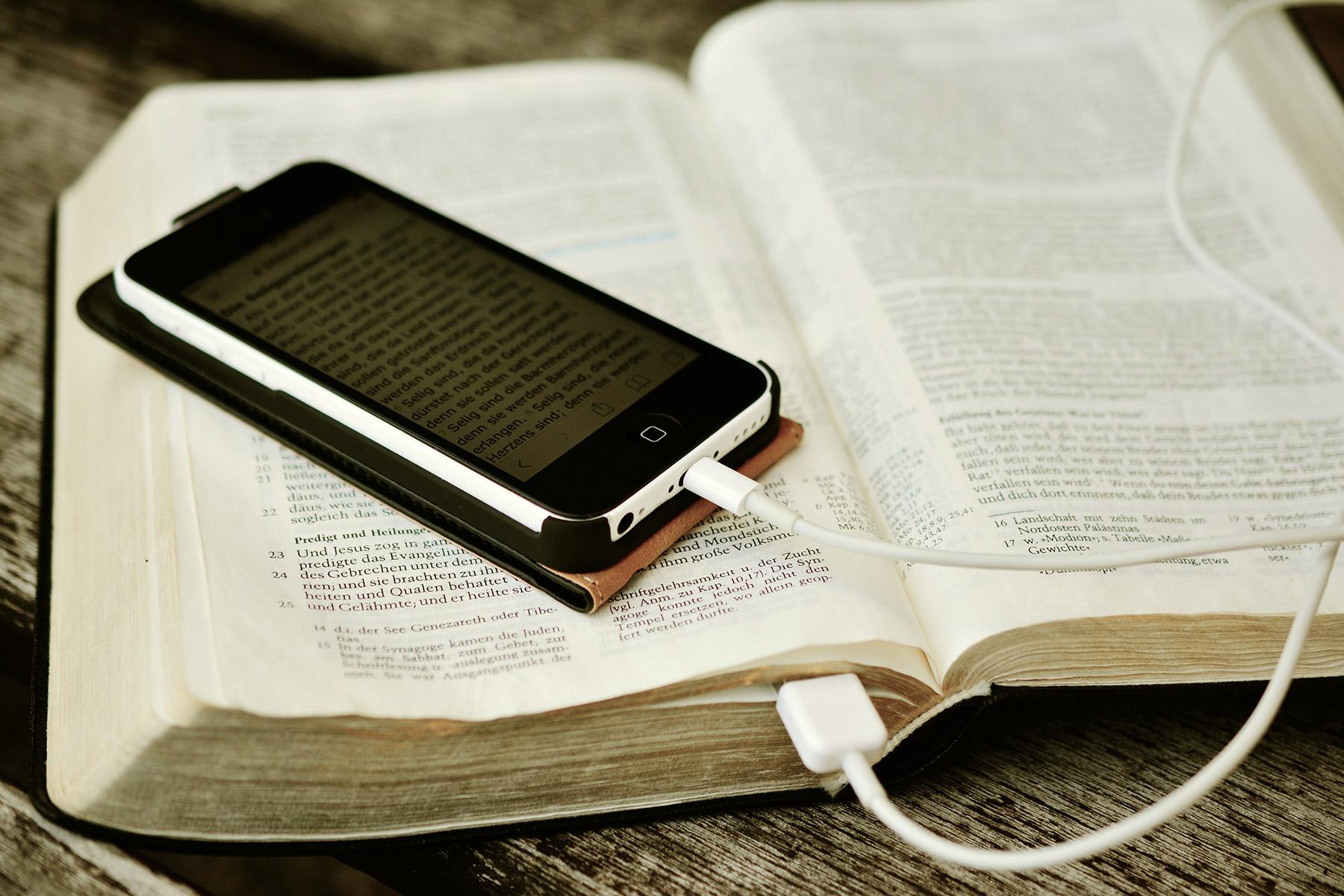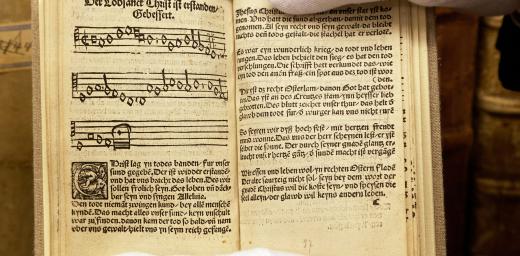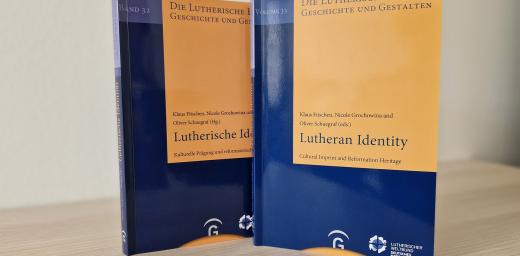Being Lutheran: Real Presence in Digital Church

Participants at the Being Lutheran webinar believe the experience of digitally-mediated worship is âchanging who we will be in the future.â Photo: Congerdesign via Pixabay
Theologians from Asia, Europe and U.S. ask how pandemic is changing theology, liturgy and pastoral priorities
(LWI) - How did churches respond to the sudden restrictions provoked by the COVID-19 pandemic? One year on, how are they coping with ongoing lockdowns and online worship? Most importantly, how will this experience shape our theology, worship and pastoral practice in the years to come?
In a 3 February ‘Being Lutheran’ webinar, three theologians from the United States, the Netherlands and Malaysia reflected on these questions, as they shared personal perspectives on the way the church has been profoundly challenged and changed by the COVID-19 pandemic.
Professor Deanna Thompson is director of the Lutheran Center for Faith, Values and Community at St Olaf College in the U.S. state of Minnesota. Recently, she has also gained a reputation as “a spokesperson for virtual church”, a role thrust upon her in the wake of a stage four cancer diagnosis in 2008. Having been originally “very skeptical of all things digital,” she saw friends organizing vital online support networks and found that “virtual tools were not poor substitutes for reality, but rather life-giving connections.”
New communities of faith
As a people who are, “persuaded by Luther’s theology of the Cross,” Thompson says, “we know that God is present where we least expect him to be. Before the pandemic struck, Thompson began exploring implications of the belief that "Christ is really present in the Word", a belief that has been further expanded during this time of quarantine.
Online prayer and worship, Thompson insists, are important pastoral priorities, especially for the sick, the elderly and the vulnerable who may never return to in-person services. Noting that many non-church goers have been attracted and found time to attend online religious activities, she says that digital worship offers “more connectedness than we think.”
Speaking from a European perspective, Dr Andreas Wöhle said that we are “being surprised by God’s creativity” during this unprecedented time of challenge for the churches. As a member of the Protestant Church in the Netherlands and principal pastor of the Old Lutheran congregation in Amsterdam, he has seen how online services have engendered profound new experiences of faith, especially within families worshiping together.
Enabling digital access
At the start of the lockdown, Wöhle recalls, his church responded to the need to provide online worship, but also saw that enabling digital access for less technologically minded members of the congregation was an urgent “diaconal task.” During Lent 2020, he notes, many felt that fasting from the Eucharist was the most appropriate response to “Christ present in the pain of not sharing together.” The experience of quarantine, Wöhle added, has provoked “a new dimension of communion” which runs “deeper than our current theological thinking.”
As chair of the Lutheran Church in Malaysia’s Faith and Order Commission, Rev. Augustin Muthusami has also been challenged by these same critical questions. He serves as pastor at Luther House Chapel, close to the capital Kuala Lumpur, and works in the church’s education and communications ministries. At the start of the pandemic, he says, “we were hesitant about [virtual] Holy Communion,” and saw that there was “a lot of fear” about “cheapening” the sacrament of the Eucharist.
Extraordinary measures for extraordinary times
But as the lockdown continued, Muthusami says, “we drew inspiration” from the Lutheran understanding of “invisible church” and in December the church approved the option for congregations to allow virtual Holy Communion. “We realized that, in times of stress, people longed for the sacrament,” he reflects, but at the same time “we drew up conditions” requiring accountability and explaining that “this is an extraordinary measure for extraordinary times.”
Education is a vital part of the process, Muthusami says, explaining how his church sent letters to all parish councils, along with guidance about how to administer the sacraments in these exceptional circumstances. While internet access remains a key “justice issue” for many people across the world today, presenters and participants agreed that the experience of being church during a pandemic “is changing who we will be in the future.”
This is the gift and task of being communion together, especially in these exceptional times.
This webinar followed on from a recent survey among Lutheran World Federation (LWF) member churches encouraging dialogue about worship during the pandemic. Rev. Dr Chad Rimmer, LWF’s Program Executive for Identity, Communion and Formation said the aim of this conversation was “to seek understanding about our faith in Christ’s real presence among us during these times of physical distancing.”
While the LWF strives to convene spaces for theological reflection, he added, “ultimately this is a conversation for member churches who are equipped with the resilience to find pastoral consensus about what is appropriate in each local context. This is the gift and task of being communion together, especially in these exceptional times.”
LWF/P. Hitchen





